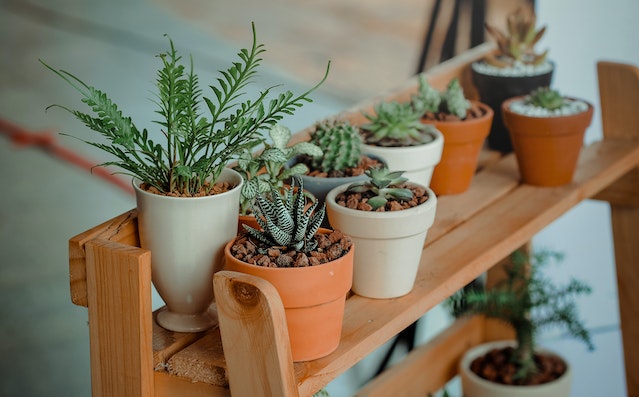Last Updated on June 7, 2024 by Nadeem Ahmad
Winter is a great time to take care of your plants. Mostly, they don’t need as much maintenance as they do during the summer and fall seasons. However, there are some things that you should do throughout the winter months to ensure that your hard work doesn’t go to waste! Here are some tips for keeping your plants alive this winter:
Prepare Your Plants for Winter
Prepare the soil. The first step in winterizing your plants is to remove excess water from their root systems, which may encourage rot and disease. To do this, remove up to one-third of the topsoil from around your plants with a shovel or garden spade and replace it with clean sand or gravel. This allows for good drainage during wet periods and prevents freezing at lower depths when temperatures drop below freezing outside throughout the winter. In areas where frost heaves are common, make sure there are about 6 inches (15 centimeters) of space between where you’re planting your hydrangeas or other shallow-rooted perennials and where the ground freezes annually; if possible, keep them even further back from this area, so they don’t get damaged by being lifted out of their beds by frost heaving dirt.
Maintain Humidity
Humidity is important for plants to be able to retain moisture. If you live in an area with low humidity, you must increase the humidity around your indoor plants. Humidity helps plants grow and thrive—without proper humidity levels, they can suffer from leaf death, root rot, and other problems.
To help increase the humidity around your houseplants this winter:
• Cover the soil of potted plants with a tarp or plastic sheeting on a warm day. Leave it on for about six hours before removing it again. You can also use a humidifier when needed during cold weather months if none of these methods work for you.
Waterless but Evenly
Winter is a drier season than summer, but that doesn’t mean you should water your plants less often. Overwatering can cause root rot and other fungal diseases, killing your plant in no time.
So if frequent watering isn’t the answer, what is? Check out these tips for watering your plants effectively:
• Water at the right times of day – To minimize stress on the plant and avoid evaporation (which wastes water), water either early in the morning or late at night. You can also use soaker hoses or drip irrigation systems instead of spraying sprinklers.
• Water at the right times of year – If you live in an area with seasonal rainfall patterns as Seattle does, there are certain months when it’s better not to water at all! This includes April through June (when most rain falls) and September through November (when there’s less likelihood of rain).
Keep the Cold Out
You’ll want to cover your plants with a tarp to keep the cold out. Use waterproof tarps to protect your plants from any rain or snow during the winter season. It also helps prevent frostbite on certain plants, which can happen when temperatures get too low for them to handle (such as tomatoes).
To ensure your plants stay protected from cold and wet weather, you should cover them with two layers of tarps: one thin layer first and another thick layer on top. This will ensure no water leakage between layers without damaging other parts such as wood frames around pots or baskets where they may sit upon.”
Protect Your Plants from Snow and Rain
A waterproof tarp is the best way to protect your plants from the elements. You can use Tarps to protect plants from snow and rain, but you must choose large enough tarps to cover your plants completely. If you’re only protecting one or two plants, don’t worry about getting a large tarp for each one; cover up your plants with multiple smaller tarps instead.
When choosing what kind of tarp to use, consider how long it will stay on top of the plant. It’s best not to leave tarps on for more than a few days because they can trap heat underneath them and cause damage if left too long.
Conclusion
While winter can be difficult for plants, it doesn’t mean they have to die. You can keep your garden alive throughout the season with the right preparation and care.

